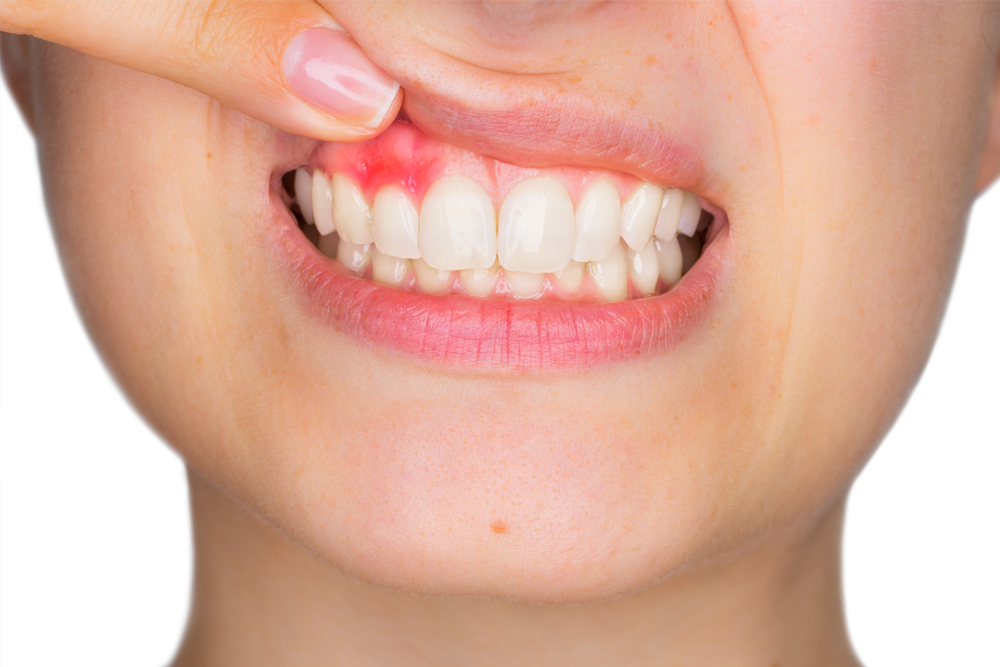

Gum disease treatment
When we visit the dentist, most of us assume it is to get our teeth checked for cavities and plaque. However, it is important to remember that, if we are to have healthy teeth, we also need healthy gums. The fact is that, at some point or other, most of us have gum disease, even if it is only mild. So a better understanding of our all-round oral health is vital to looking after our teeth properly.
This article focuses on some of the frequently-asked questions about gum disease. How would your dentist treat gum disease and, just as importantly, what can you do to look after your gums better?
What is gum disease?
Gum disease is caused by the plaque that builds up on our teeth on a daily basis. Mild gum disease can go unnoticed. In more serious cases, which are known as gingivitis, the gums become inflamed and sore. Finally, if it goes untreated, gingivitis turns into periodontal disease, which begins to affect the supporting tissues holding the teeth in place.
What problems does gum disease cause?
Ultimately, gum disease that is left to run its cause will attack the supporting tissue and the bone around the roots of the teeth, so that your teeth eventually fall out. Usually, bleeding when you brush your teeth is the first indication that your gums need some care and attention.
How do I know if I have it?
As we mentioned, most of us have gum disease and there is nothing we can do to stop the build-up of plaque on our teeth. It happens on a daily basis. Some people, however, should be more concerned about gum disease than others. Heavy smokers, for example, will find that their gums deteriorate faster. Similarly, people who avoid regular check-ups with their dentist – people with a phobia of dentists, for example – may not get the regular treatment they require to keep gum disease at bay.
What does the treatment involve?
To put it simply, it involves giving your teeth a really good clean. If plaque is allowed to build up on your teeth to the degree where it is causing major problems for your teeth and gums, brushing by itself is not enough. Therefore, you need to visit your dentist and have your teeth and gums fully checked. If your dentist diagnoses the onset of gum disease, they will probably recommend a root-and-crown clean, which may require local anaesthetic.
What questions should I ask my dentist?
Fighting the plaque that causes gum disease is something you need to do every day. Make sure that you are brushing your teeth twice a day with a fluoride toothpaste – if you are not sure about the best way to clean your teeth, ask your dentist to demonstrate. Flossing can help maintain healthy gums, as it clears away food and other debris that collects in the gaps between your teeth. Finally, using a mouthwash can also contribute to overall oral health and hygiene.
Just as importantly, you should ensure that you have regular check-ups with your dentist once every six months. During these check-ups, your dentist can identify hard-to-clean areas or areas of concern around your gums, and make recommendations for how you can look after them more effectively.

